Parents, with their protective instincts, routinely impart various warnings to their children—ranging from stranger danger to the virtues of consuming vegetables. However, not all of these dire warnings stand the test of truth. Astonishingly, a considerable portion of the advice proffered by parents to their young ones proves utterly unfounded. It appears that amidst their well-intentioned guidance, some cautionary tales might have been mere fabrications, fostering a sense of unnecessary fear. Separating fact from fiction is crucial in ensuring a balanced and informed approach to nurturing the next generation.
You Only Use Ten Percent of Our Brain

The notion that humans only utilize ten percent of their brains is a classic example of a control tactic employed by some parents. This misleading claim has been perpetuated through generations to instill a sense of untapped potential and encourage obedience. Scientific research has debunked this myth, revealing that we actively use our entire brains. Parents may have had good intentions, but perpetuating such untruths can hinder critical thinking and self-belief in their children, reinforcing the importance of promoting accurate information and fostering open communication.
Reading in the Dark Will Ruin Your Eyes
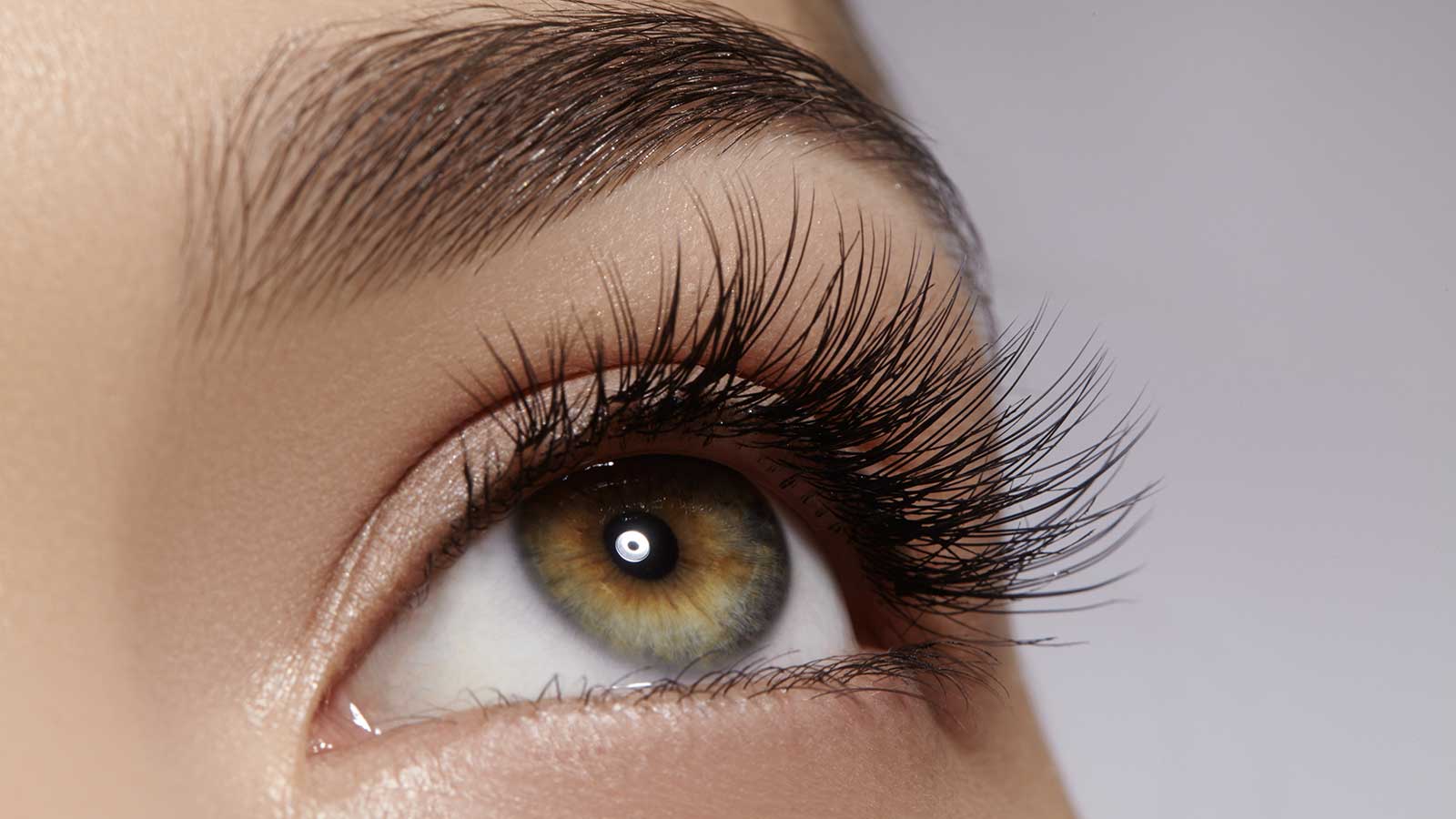
In their pursuit of late-night literary adventures with flashlights, young book enthusiasts often received a warning that reading in the dark would harm their eyesight. However, experts from Harvard debunked this myth, reassuring that reading in dim light won’t lead to any lasting eye condition. Nonetheless, it may cause eye fatigue and strain, resulting in mild headaches. Thus, reading with sufficient lighting is advisable to maintain eye comfort and prevent unnecessary discomfort.
Chocolate Milk Comes from Brown Cows

Despite its whimsical appeal, the notion that chocolate milk originates from brown cows is false. Nevertheless, this playful misconception seems to have left a lasting impact, with a surprising 7 percent of U.S. adults—approximately 17.3 million individuals—still believing in this myth. It highlights the power of childhood fables to persist into adulthood. It emphasizes the importance of promoting accurate information to avoid such public misinterpretations.
Touch a Toad, and You’ll Get Warts
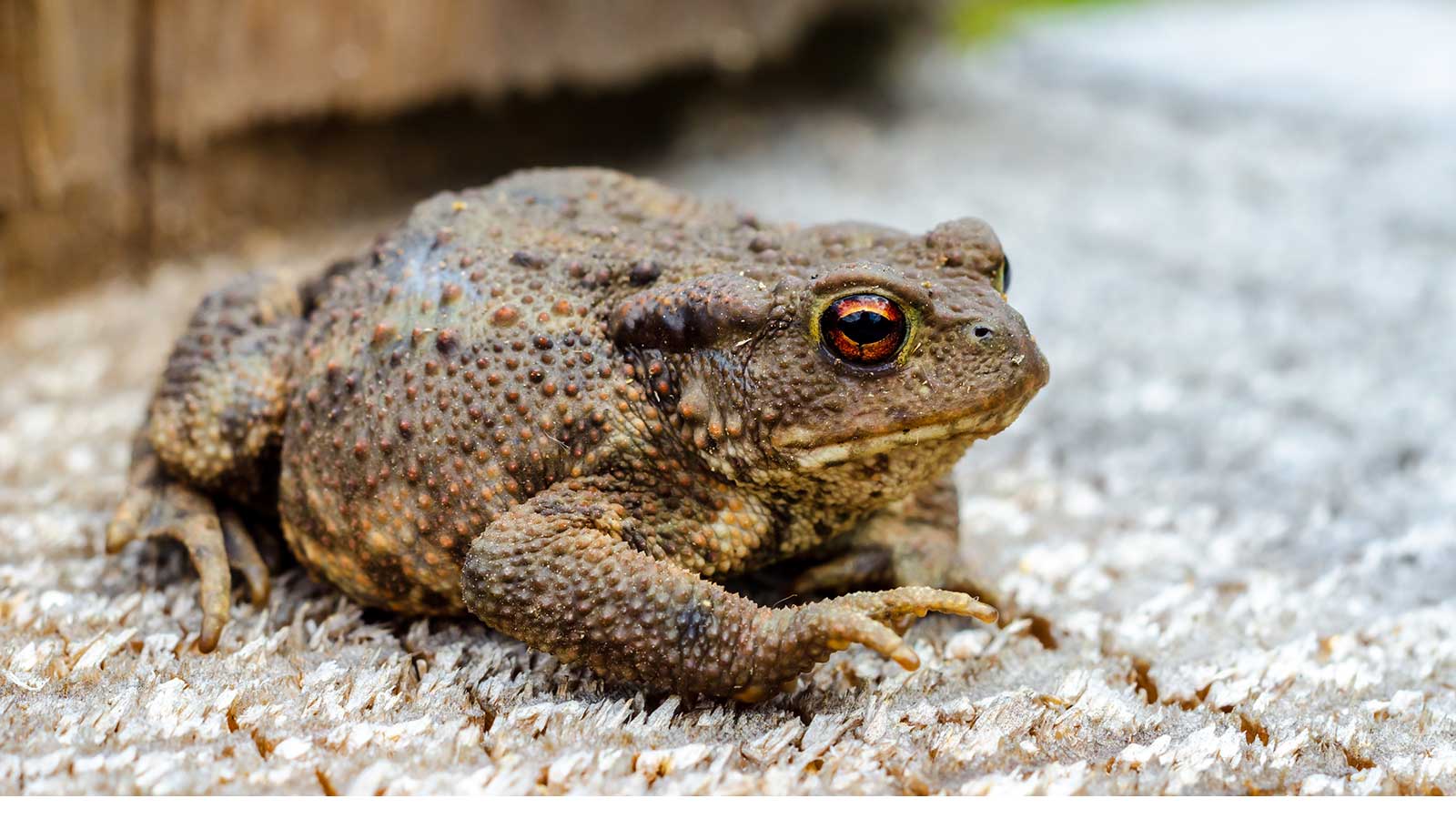
Parents may warn their children not to touch toads to prevent soiling clothes, suggesting it could lead to warts. In truth, warts don’t originate from amphibians like toads or frogs. The myth likely arose due to warty-looking glands on some toads’ skin, which secrete protective toxins against predators. While these creatures may not cause warts, some secrete hallucinogenic or toxic substances. Additionally, their skin may harbor bacteria and parasites. Kissing them is ill-advised, and it’s best to refrain from touching them to avoid harm and preserve their well-being.
Keep Your Eyes Open When Sneezing, and They’ll Fall Out

The notion that keeping your eyes open while sneezing would result in them popping out seems incredibly cruel and has likely led to some playground dares. However, there’s no need to fret. While keeping your eyes open due to reflexes may be challenging, rest assured that they won’t come flying out. Although blood pressure behind the eyeballs may increase slightly during a sneeze, it’s nowhere near enough to cause any such extreme consequence. Your eyes are safe, and you can sneeze without fear of losing them!
If You Eat Chocolate Before Bed, You’ll Have Nightmares

The prevalent myth advising against consuming chocolate before bedtime, often shared by parents to limit chocolate intake, lacks supporting evidence. Contrary to popular belief, there is no substantial proof to suggest that eating chocolate before bed leads to nightmares. A study published in the journal Frontiers in Psychology thoroughly investigated the matter and found no direct correlation between indulging in chocolate and experiencing nightmares. So, feel free to enjoy your chocolate treats without fearing haunting dreams.
If You Swallow Toothpaste, You’ll Get Sick

The standard parental warning advising kids against swallowing toothpaste is not without reason, as it is not recommended. However, it’s essential to know that drinking small amounts of toothpaste won’t make you sick. The fluoride content in toothpaste is minimal, and it poses no actual harm in such quantities. So, while it’s best to avoid swallowing toothpaste whenever possible, there’s no need to fear any severe consequences if it happens occasionally.
If You Swallow Gum, It Will Stay In Your Stomach for Seven Years

Parents often warn their children that if they swallow gum, it will linger in their stomachs for seven years. This widely believed myth, though, is entirely false. While drinking gum is not recommended, it won’t remain in your stomach long. In reality, most gum components can be digested by your body, except for the gum base, which is ultimately excreted in your feces. So, while it’s best to avoid swallowing gum, there’s no need to worry about it staying in your stomach for years.
Don’t Crack Your Knuckles or You’ll Get Arthritis
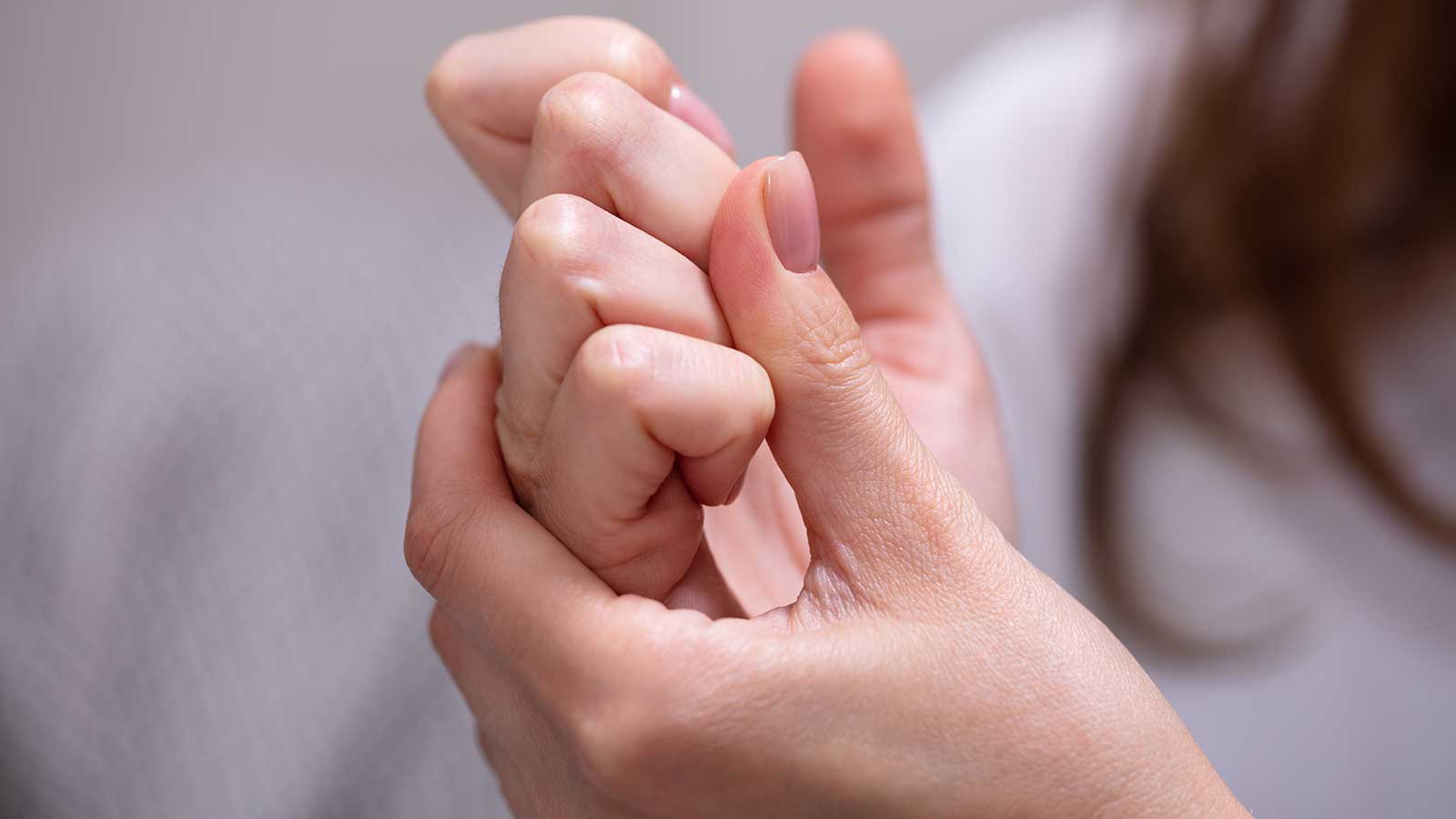
The notion that cracking your knuckles leads to arthritis is a pervasive myth parents often share with their kids. Nevertheless, scientific research refutes this claim entirely. Multiple studies, including one published in the Journal of the American Board of Family Medicine, have found no evidence linking knuckle cracking to arthritis. Hence, you can rest assured that indulging in the occasional knuckle crack won’t increase your risk of developing arthritis. While the sound might be unsettling to some, rest assured that it poses no threat to your joint health. So, go ahead and crack away without fear of arthritis!
If You Go Outside With Wet Hair, You’ll Catch a Cold

The age-old myth advising against going outside with wet hair for fear of catching a cold has endured through generations. However, the truth behind it is less concerning. While cold weather can make you more vulnerable to catching a stiff, wet hair is not the culprit. Colds are primarily caused by viruses, not by the state of your hair. So, while it’s essential to dress warmly in chilly weather, don’t fret about your wet hair being the cause of any potential colds.
Eating Carrots Will Improve Your Eyesight

The prevalent myth of carrots improving eyesight, often propagated by parents to encourage vegetable consumption, is inaccurate. While carrots contain beneficial vitamin A, crucial for eye health, they do not directly enhance eyesight. In-depth research published in the American Journal of Clinical Nutrition has found no substantiated evidence linking carrot consumption to improved vision. So, while carrots are undoubtedly nutritious, they won’t grant you superhuman eyesight, as the myth suggests.
Don’t Swim for at Least an Hour After Eating, or You’ll Get Cramps and Drown

The widely held myth advising against swimming within an hour of eating, claiming it leads to cramps and drowning, lacks supporting evidence. While many parents believe this cautionary tale, research indicates otherwise. A study published in the International Journal of Aquatic Research and Education found no connection between swimming after eating and an increased risk of cramps or drowning. So, rest assured, indulging in a post-meal swim poses no immediate danger to your well-being or safety.
If You Swallow Watermelon Seeds, a Watermelon Will Grow in Your Stomach
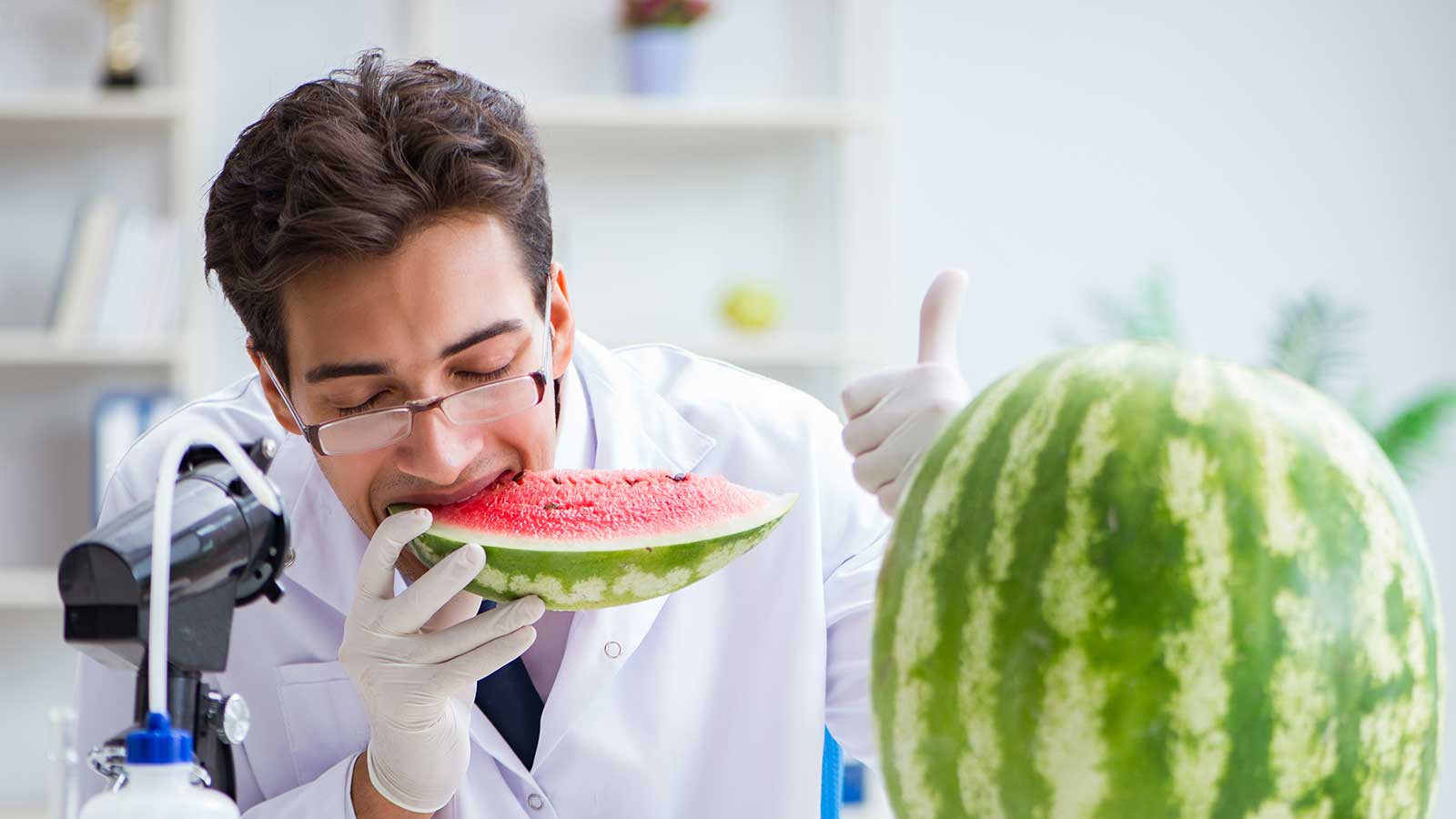
The age-old myth warning children against swallowing watermelon seeds, claiming a watermelon will grow in their stomach, is untrue. Parents often share this tale to discourage seed consumption. In reality, the stomach’s acidic environment would swiftly destroy any ingested watermelon seed, leaving no possibility for it to sprout and grow. So, fear not – enjoying watermelon without worrying about it taking root in your stomach is safe and sound.
If You Make a Face, It Will Get Stuck That Way

Parents often caution their children that if they make funny or silly faces, their facial expressions will become permanently fixed—a notion entirely unfounded. Making faces does not result in facial muscles getting stuck in any particular position. However, it’s essential to be aware that excessive facial contortions can contribute to the development of wrinkles over time. So, while having fun with expressions won’t alter your appearance permanently, maintaining a balanced approach may help preserve the youthful charm of your skin.
Don’t Sit Too Close to the TV, or You’ll Go Blind
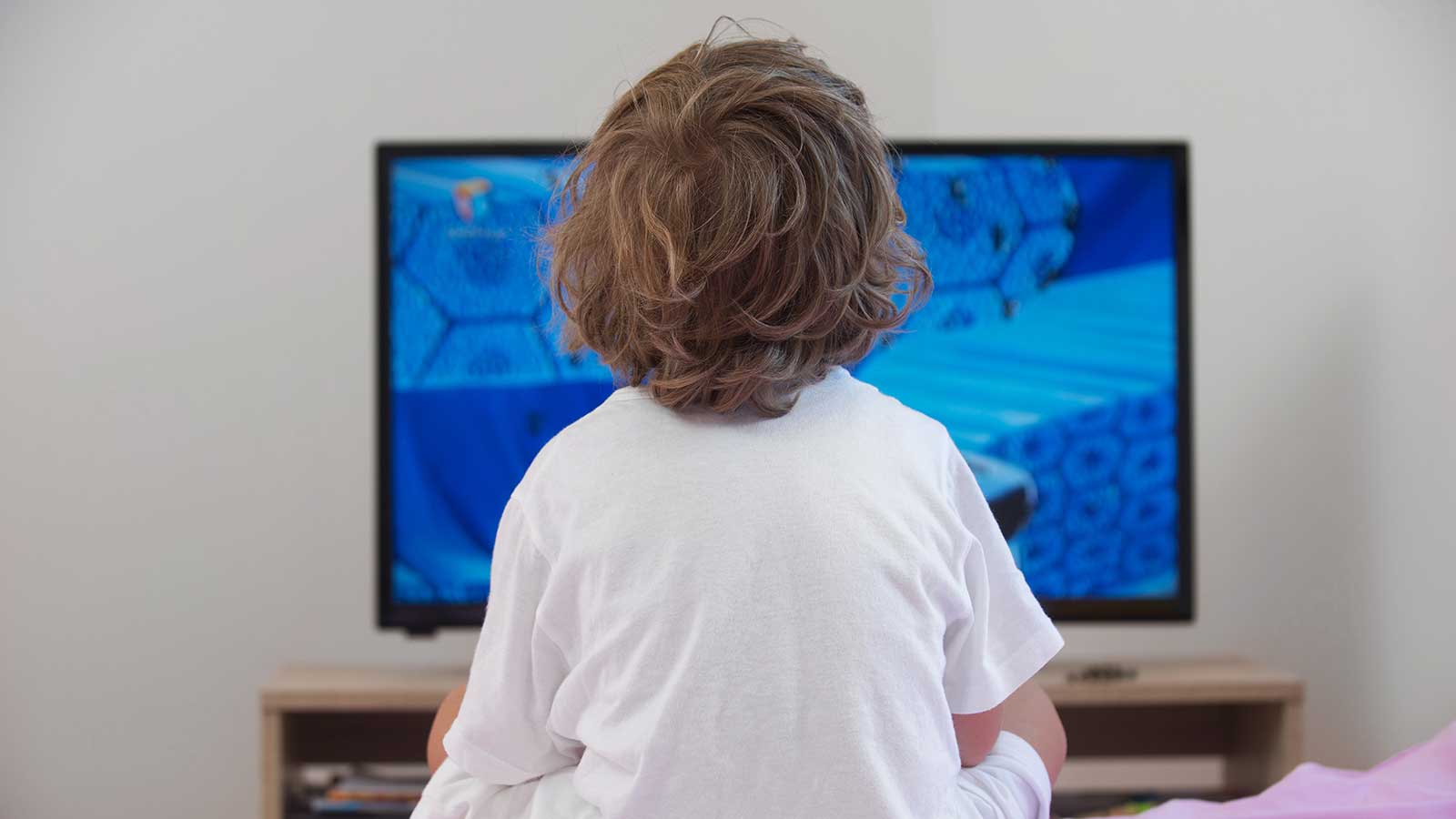
In the past, parents often warned their kids not to sit too close to the TV, fearing it would lead to blindness due to higher radiation emissions. However, with technological advancements, modern TVs emit minimal radiation that poses no risk of eye damage. While sitting close to the screen may result in eye strain and discomfort, it’s essential to note that it won’t cause blindness. So, while maintaining a comfortable viewing distance is wise, you need not worry about your eyesight being jeopardized by today’s TVs.
16 ANNOYING PHRASES THAT MAKE PEOPLE IMMEDIATELY HATE YOU!

We wanted to know the most irksome things someone can say that turns you off! These online users didn’t hold back! 16 ANNOYING PHRASES THAT MAKE PEOPLE IMMEDIATELY HATE YOU!
OBSOLETE MILLENNIALS: 14 SKILLS THEY LEARNED IN THE 90S THAT HAVE NO PLACE IN TODAY’S WORLD

A lot has changed since the turn of the century – just ask this nostalgic lot!
OBSOLETE MILLENNIALS: 14 SKILLS THEY LEARNED IN THE 90S THAT HAVE NO PLACE IN TODAY’S WORLD
THE FALL FROM GRACE: 12 PROFESSIONS THAT WERE ONCE REVERED, NOW A TOTAL JOKE

These 12 professions that are now obsolete show how much the times have changed.
THE FALL FROM GRACE: 12 PROFESSIONS THAT WERE ONCE REVERED, NOW A TOTAL JOKE
FROM ‘OKAY BOOMER’ TO ‘UGH BOOMER’: 10 HABITS THAT IRRITATE MILLENNIALS

Each generation has its quirks. Most label it as an “old person thing” when asked why grandpa or grandma does something unusual. The defense from the other side is that “it was the way things were back in our day.”
FROM ‘OKAY BOOMER’ TO ‘UGH BOOMER’: 10 HABITS THAT IRRITATE MILLENNIALS













